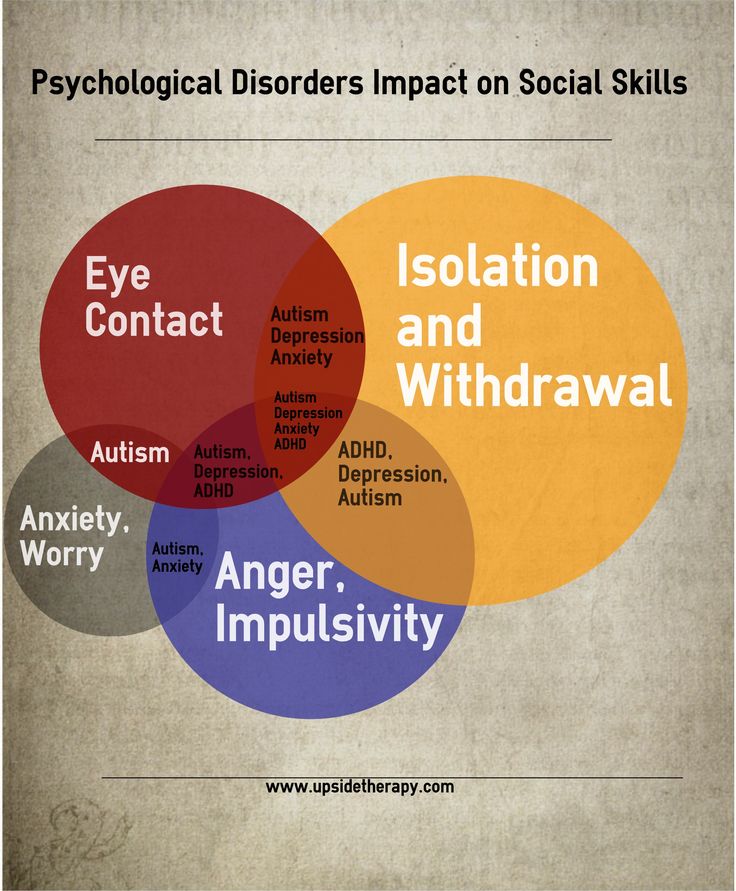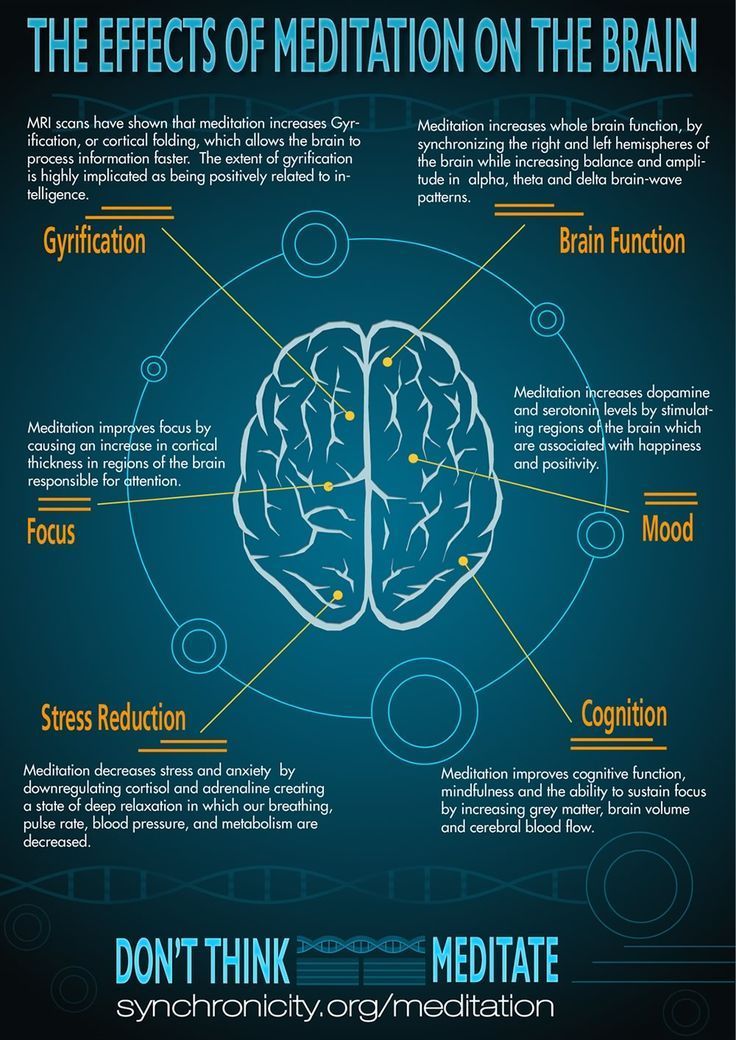Do narcissists think they love you
What Do Narcissists Think Love Is?
A narcissist’s ability to use manipulative techniques (e.g. mirroring, future faking, and love bombing) in such a convincing manner often manipulates the people that they abuse into believing that the narcissist in their life truly loves them. Unfortunately, this is rarely, if ever, true.
Narcissists do not know the meaning of true love because they have an unhealthy perception of love that causes them to believe that the core characteristics of true love (e.g. emotional closeness, commitment, vulnerability, etc.) are a weaknesses. The concept of true love is a foreign concept to them.
This article is a thorough exploration of a narcissist’s corrupted perception of love and the reason that narcissists are incapable of true love. We’ve also created a short video (see below) that outlines our article Why Do Narcissists Pretend to Love You to give you as much helpful information out of this article as possible!
A Short Video Explaining the Reason That Narcissist Pretend to Love You
Why Do Narcissists Have an Unhealthy Perception of Love?To start things off, we want to ensure that you understand the difference between true love and the definition of love that narcissist have. According to the Triangular Theory of Love1, there are three elements of love: commitment, passion, and intimacy.
Generally speaking, those who are emotionally healthy/stable consider consummate love to be true love. Consummate love occurs when all three elements of love (commitment, passion, and intimacy) are present in a relationship.
A narcissist’s definition of love circulates around the concept of infatuated love. This type of love is purely motivated by passion and it is intoxicating, irrational, associated with bad decision making, and usually short lived.
Suggested Reading: Can Narcissists Love?
Their Childhood Upbringing Gave Them an Unhealthy Perception of Love
There are many different theories about the origin of narcissism. We cover them in our article How Are Narcissists Made, but generally speaking, narcissism originates from an abusive/unhealthy childhood with primary caregivers who were emotionally unavailable, unresponsive, and inconsistent.
With that being said, it is very important that you understand just how broad “emotionally unavailable, unresponsive, and inconsistent” really is. It could mean anything in between primary caregivers who are physically abusive towards the narcissist and primary caregivers who’s availability, responsiveness, and consistency is unhealthy (e.g. a parent who doesn’t set rules/boundaries with the child or pampers them too much).
Nonetheless, the primary caregivers that narcissists had did not mirror their thoughts, feelings, emotions, and needs. They prevented the narcissist from getting the validation, admiration, and reassurance that they needed to develop a realistic sense of self and have a healthy cognitive development, but that’s not all.
In addition to this emotional neglect, narcissists also began to develop many painful emotions about themselves such as a belief that they are inadequate, unlovable, unwanted, weak, and worthless.
Sadly this was the beginning of a narcissist’s hatred for the thoughts, feelings, emotions, needs, and other characteristics that are associated with the true love (e. g. emotional closeness, vulnerability, commitment, etc.)
g. emotional closeness, vulnerability, commitment, etc.)
When the narcissist would express the thoughts, feelings, emotions, needs, or other characteristics that are associated with true love towards their primary caregivers, they were met with a negative response (e.g. shame, punishment, invalidation, neglect).
It is this negative response that caused narcissist to develop a deeply rooted hatred for the thoughts, feelings, emotions, needs, and other characteristics that are associated with the true love. In a twisted and abusive way, the negative response that narcissists experienced validated the negative perception that they have of themselves.
This level of emotional unrest would be extremely difficult for anyone to manage but the unhealthy cognitive development that narcissists had left them without the emotional skills needed to manage their painful emotions with healthy forms of emotional regulation.
To manage their painful emotions and protect their emotional stability, narcissists created a falsified public persona through mirroring and turned to their external environment to get the validation, admiration, and reassurance that their primary caregivers couldn’t give them (e. g. a narcissistic teenager constructing his/her sense of self out of the validation, admiration, and reassurance that they get for being a really good soccer player.
g. a narcissistic teenager constructing his/her sense of self out of the validation, admiration, and reassurance that they get for being a really good soccer player.
You can read more about mirroring in our article How Do Narcissists Use Mirroring but it is a manipulative technique that occurs when a narcissist absorbs an extraordinary amount of information about and individual, group of people, or society as a whole, and uses that information to create a falsified identity that is designed to portray them as “perfect” to others.
A narcissist’s ability to mirror society allowed them to develop a positive self-perception that they use to suppress all of their painful emotions deep within their psyche. In other words, the positive self-perception that narcissists have created for themselves is the only form of emotional regulation that they have.
To sum up everything that has been stated so far, this unhealthy process solidified the unhealthy perception of love that narcissists have. As children, their thoughts, feeling, emotions, needs, and other characteristics that are associated with true love were met with a negative response.
As children, their thoughts, feeling, emotions, needs, and other characteristics that are associated with true love were met with a negative response.
This caused the narcissist to develop many painful emotions about themselves (inadequate, unlovable, unwanted, weak, and worthless) that they were incapable of managing because their emotionally unavailable, unresponsive, and inconsistent primary caregivers led them into an unhealthy cognitive development.
Without any options or explanations, narcissists began to believe in their negative perception of themselves so they created a charming, successful, innocent, honest, desirable, goodhearted, charismatic, and virtuous public persona to get the validation, admiration, and reassurance that they needed to construct a sense of self.
The overarching message that narcissist got from this upbringing is that the thoughts, feelings, emotions, and other characteristics that are associated with true love are what makes them inadequate, unlovable, unwanted, weak, and worthless. We’ll dive into this more in the next section but this is the reason that narcissists hate and are incapable of true love.
We’ll dive into this more in the next section but this is the reason that narcissists hate and are incapable of true love.
The reason that narcissists are incapable of true love lies within the fragility of their self-perception and public persona. The combination of the approach that narcissists had when constructing a self-perception/public persona and the emotional neglect they experienced as a child left them emotionally immature, stunted, and fragile.
In our articles How Do Narcissists React to Criticism, Why Do Narcissists Go Into a Rage, or Why Do Narcissists Deny Everything, you can learn more about the fallout of the emotionally immature and stunted aspects of a narcissist, but here we are going to focus on their fragility, specifically narcissistic injuries.
A narcissistic injury, also known as an ego injury, occurs when a narcissist’s positive self-perception or public persona gets contradicted.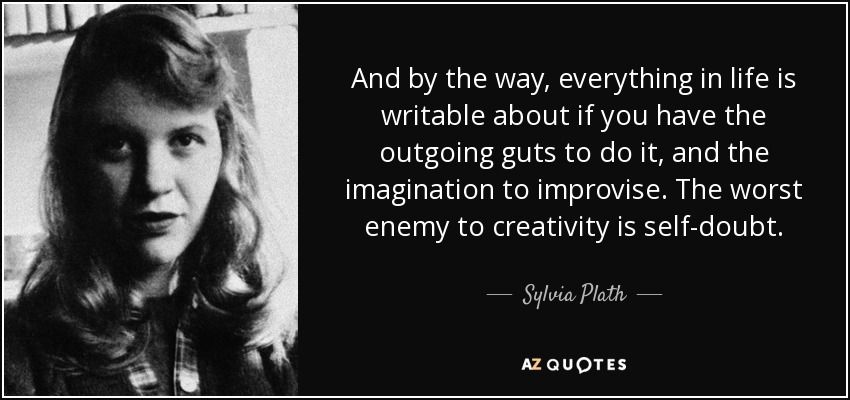 When they experience a contradiction it triggers all of their suppressed painful emotions and compromises their emotional stability because they are incapable of using healthy forms of emotional regulation to manage their painful emotions.
When they experience a contradiction it triggers all of their suppressed painful emotions and compromises their emotional stability because they are incapable of using healthy forms of emotional regulation to manage their painful emotions.
This is a huge problem that narcissists have to deal with on a daily basis because of how fragile they are. Something as normal as criticism, being held accountable for their behavior, or being told no could cause them to experience a narcissistic injury and feel inadequate, unlovable, unwanted, weak, and worthless.
The reason that this is important to be aware of is because the thoughts, feelings, emotions, needs, and other characteristics that are associated with true love also cause them to experience narcissistic injuries.
Remember, the unhealthy/abusive upbringing that narcissists had led them to believe that the thoughts, feelings, emotions, needs, and other characteristics of true love made them inadequate, unlovable, unwanted, weak, and worthless. Again, this was because they were always met with a negative response when they tried to get the validation, admiration, and reassurance as a kid from their primary caregivers.
Again, this was because they were always met with a negative response when they tried to get the validation, admiration, and reassurance as a kid from their primary caregivers.
When they create their positive self-perception and grandiose public persona, they suppress all of their painful emotions and that includes the thoughts, feelings, emotions, needs, and other characteristics of true love. When they experience something like emotional closeness, it does nothing but serve as a constant reminder to them of how horrible they feel about themselves.
This is part of the reason that narcissistic relationships are often so hectic, intoxicating, irrational, plagued with bad decision making, shallow, and short lived. The stability or calmness of a healthy relationship triggers their painful emotions and makes them feel extremely uncomfortable.
They are incapable of true love because the thoughts, feelings, emotions, needs, and other characteristics of true love causes a narcissistic injury, triggers their suppressed painful emotions, and compromises their emotional stability.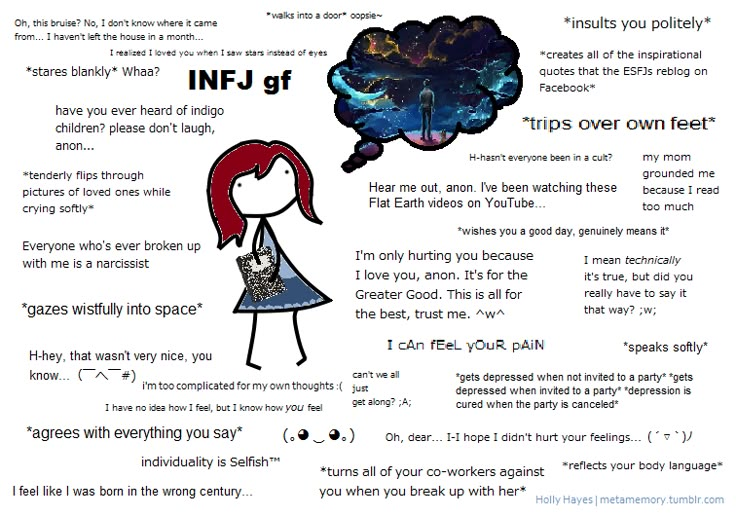
Suggested Reading: Why Do Narcissists Create Chaos?
What Should You Take Away From This Article?Narcissists don’t have the slightest clue of what love is. They are incapable of true love because the thoughts, feelings, emotions, needs, and other characteristics that are associated with it, trigger their suppressed painful emotions and compromise their emotional stability.
The fact of the matter is that true love is an unwavering, unbreakable and unparalleled fondness and devotion for another person in your life and narcissists are incapable of this level of commitment.
Join Our Free Healing Program
- A Weekly Group Session With a Psychologist
- A Weekly Video Lesson From a Therapist
- Support Groups (Sat. & Sun. 10am-3pm ET)
- A Daily Trauma Recovery Guide
- Access to a Supportive Community
Join Our Free Healing Program
- A Weekly Group Session With a Psychologist
- A Weekly Video Lesson From a Therapist
- Support Groups (Sat.
 & Sun. 10am-3pm ET)
& Sun. 10am-3pm ET) - A Daily Trauma Recovery Guide
Disclaimer
This information is for educational purposes only and is not intended to be a substitute for clinical care. Please consult a health care provider for guidance specific to your case.
References:
[1] Sternberg, Robert J. “A triangular theory of love.” Psychological review 93.2 (1986): 119.
Can a Narcissist Fall in Love? Will a Narcissist Ever Find True Love?
Last Updated on July 4, 2022 by Alexander Burgemeester
Can a Narcissist fall in Love? Narcissists struggle to have romantic relationships for several reasons; one of them is because they do not know how to resolve conflicts.
It is normal for couples to have disagreements, but clinical worker Sharon Thomas states that narcissists believe they can do no wrong.
As far as they are concerned, they are perfect and if there are problems, the other person is to blame.
Unfortunately, narcissists do not have the capacity to love their partner in the traditional sense; but as you will read, they do love their partners in their own way.
If you have been in a relationship with a narcissist for some time, you will know that at the beginning, they showered you with undivided attention, gifts, and compliments.
But as time went on, things drastically changed; they withdrew, and in some cases, narcissists can become abusive.
Table of Contents
- Find True love
- When they say ‘I love you’
- Are all Narcissists Abusive?
- Can a Narcissist learn to love?
- Can they fall in love?
Studies suggest that narcissists only engage in transactional relationships, which means unless they have something to gain, they won’t stay.
Whether it’s self-esteem, enthusiasm, or money, a narcissist will ensure they take everything they can and then move on to another relationship.
So whether you are falling in love with a narcissist, you are considering getting into a relationship with one, or you are concerned about the wellbeing of a friend or family member, you are interested in knowing the answer to the following question –
Can a Narcissist fall in love and will a narcissist ever find true love?
Will a Narcissist Ever Find True Love?
Can a narcissist feel love? Yes, they can, but because they don’t like feeling vulnerable, they self-sabotage to protect themselves.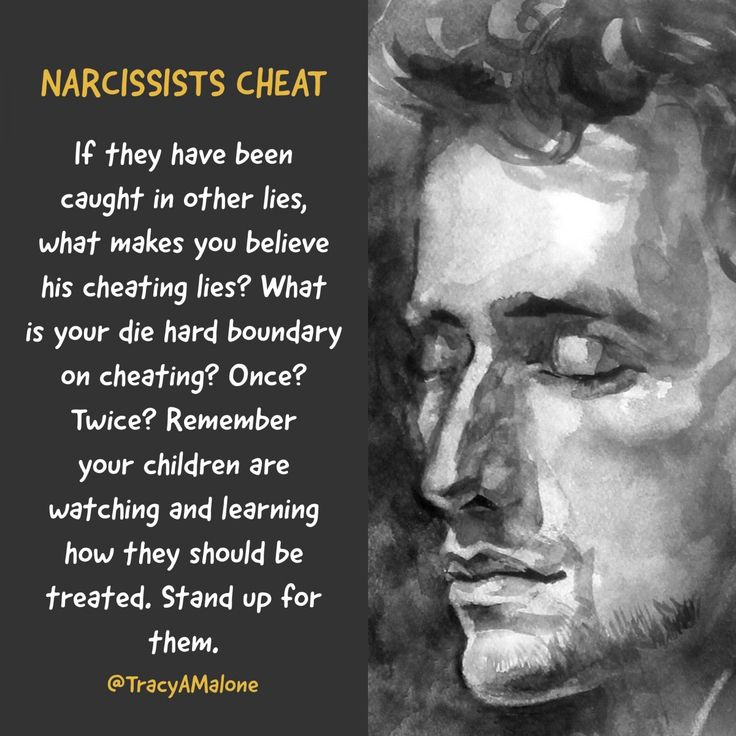
The problem with narcissists is not that they don’t feel love, they don’t know how to show unconditional love.
When a narcissist decides to separate from their partner, they do so to recover from their wounds; and after a while, they return.
Will the Narcissist ever find true love and live happily ever after?A narcissist typically shows feelings of love at the beginning of a relationship when they are not so vulnerable.
This generally takes place during the love bomb stage (which I will discuss shortly). During this phase, their partner usually idealizes them because of how loving they appear.
But once the cracks in the relationship start to show, the narcissist begins to feel inadequate and empty in the relationship.
These feelings become a boundary to them developing a loving and intimate connection with their partner.
How do Narcissistic Relationships differ from Normal Relationships?
Neuroscientist Rhonda Freeman studies narcissists and has come up with several conclusions regarding how a narcissist experiences love.
Narcissists are always chasing stimulation because their brains are hypersensitive to rewards.
The object of their desire activates their reward system and feel-good hormones such as dopamine, oxytocin, and norepinephrine are released in abundance. However, love is more than a feeling.
When the average person stops to consider what love looks like, they will mention things like sensitivity, compassion, commitment, honesty, mutual support and authenticity.
Amongst others, these things are experienced when a bond has been established.
Freeman goes on to explain that once those initial feelings of infatuation wear off, the person in the relationship with the narcissist is now invested in the union and has formed an attachment.
In a normal relationship, this is when a deeper connection is formed between two people as it becomes apparent that their feelings are more than surface level.
However, the narcissist fails to attach at this stage and now starts blaming their partner for their boredom.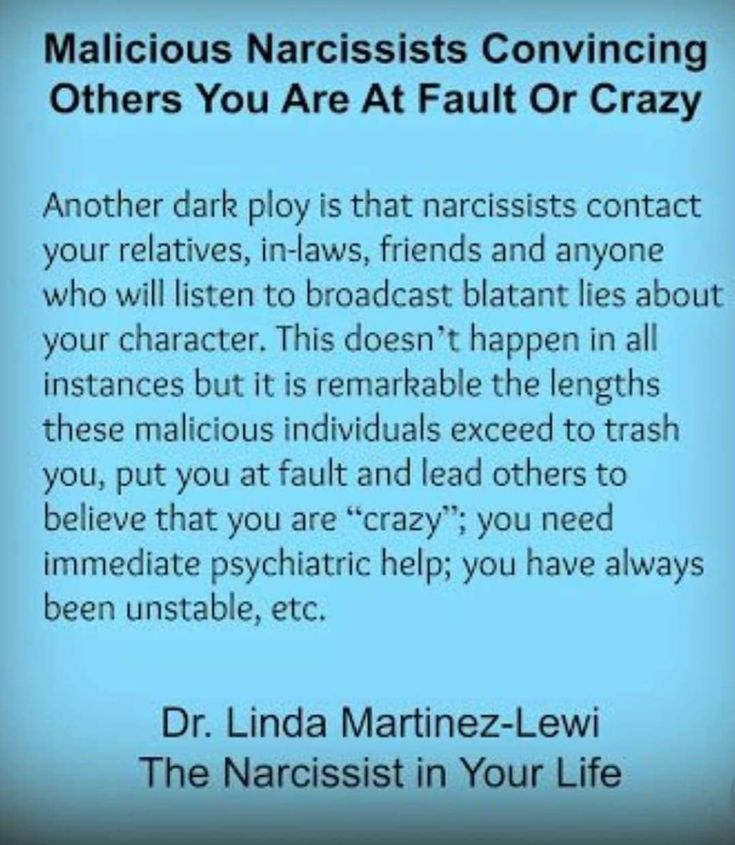
In fear of their significant other discovering that they are not perfect, the narcissist will avoid emotional conversations.
They go to great lengths to protect their grandiosity, and it hurts them deeply when others don’t treat them as someone of significance.
Narcissists do not like to acknowledge their feelings; therefore, they protect themselves by finding ways to humiliate their partners.
Can a Narcissist Fall in Love?
It appears that the narcissist is incapable of love because they cover their vulnerabilities by withholding emotional intimacy.
They attack or withdraw to deflect pain; narcissists don’t like to hear their partner being compassionate towards them because it makes them feel as if they are being judged.
Despite the mask they wear, their inner voice is constantly telling them they are unworthy, and when empathy is extended to them, it confirms this voice.
What Does it Mean When a Narcissist Says I Love You?
If you are falling in love with a narcissist and asking yourself what does it mean when a narcissist says I love you?
The answer lies in their definition of love; a narcissist is capable of feeling love for you, but they are also capable of knowingly and intentionally causing you pain, and to those with a sound mind, this is not love.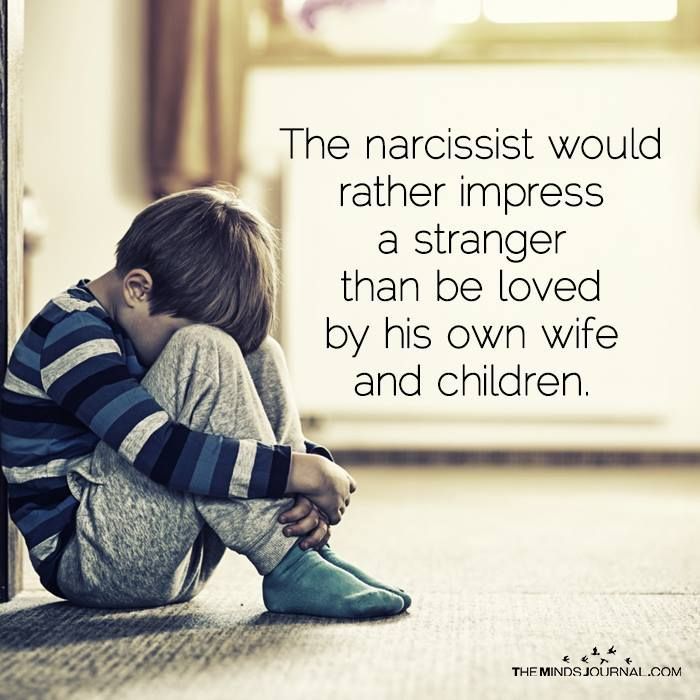
What Does it Mean When a Narcissist Says I Love You?The Charming Narcissist
In the early stages of dating, narcissists shower their partners with an outpouring of love.
But according to Robert Johnson, this is a part of the transactional process. They are playing a game, and their main objection is to win.
The narcissists want the love and admiration of the person they are pursuing; and to do so, they use manipulation tactics that manifest in the form of promises of commitment, romance, flattery, generosity and expressions of love.
This process has been termed ‘love bombing’, and the prospect becomes overwhelmed with the level of attention they are receiving.
It is uncommon to hear about the rewarding aspects of loving a narcissist; narcissists are often extremely charismatic and charming.
They have a magnetic pull that draws you to them and they can be incredibly seductive.
Narcissists are captivating and magnificent storytellers, they will weave in the history of events, mind-blowing statistics, and trivia quotes that have the listener sitting on the edge of their seats hanging on their every word.
When a narcissist decides that they want you, they will make you feel like the most precious person on earth.
Once you get trapped in their web of splendor, it is almost impossible not to fall in love with a narcissist.
People who have been in a relationship with a narcissist state that the highs are heavenly and the lows are hellish.
How long do Narcissistic Relationships last?
In general, a relationship with a narcissist will not last longer than a few years.
Nevertheless, when they do decide to marry, it is because they have accepted the positive feelings they have developed towards their partner even if they are based on shared interests and friendship.
But their romantic escapades will dwindle to nothing, and they will go to great lengths to avoid intimacy.
The narcissist will often become angry, critical, and cold; this is especially true when they are challenged or don’t get their own way.
When they do cater to their spouse’s needs, it is because they are looking for something in return.
You will never make a narcissist happy unless you are willing to accept that they are right at all times. If not, they will quickly withdraw their love and you will become a victim of their rage.
Understand the love the Narcissist is Capable to Give
When you stop trying to get the narcissist to love you through your lens; and understand that their perception of love will never be the same as yours, it will become much easier to have a relationship with a narcissist.
In response to the question, what does it mean when a narcissist says I love you?
In short, it means that you have effectively catered to their needs in a way that has brought them the utmost satisfaction.
Are All Narcissists Abusive in a Relationship?
Narcissism is a term that has become synonymous with Narcissistic abuse; however, the condition is a lot more complex than implied by the prevailing image.
Contrary to popular belief, humans, in general, are narcissists because they think of themselves first.
Using the flight attendant example, when you board a plane, before take-off the flight attendant makes an announcement.
You are told that you should put your facemask on first before helping anyone else if the plane crashes.
This is a natural state, as it is impossible to help anyone else when your needs have not been met.
Narcissism is closely linked with healthy self-regard and assertiveness.
However, when a person suffers from Narcissistic Personality Disorder, the individual’s ego becomes so inflated and their sense of entitlement so extreme that it negatively affects their daily life and the people they are surrounded by.
Emotional Abuse
By definition, narcissists do not think about the needs of others and therefore, the potential for Narcissistic abuse is high.
They justify their behavior because they see themselves as superior beings.
It can be difficult to have a relationship with a narcissist because they do not consider the feelings of others; therefore, some might argue that this opens the door to emotional abuse.
Reading Suggestion: 11 Typical Examples of Narcissist text Messages
A narcissist’s behavior can decline into more obvious forms of abuse when certain risk factors are at play.
These include problems such as substance abuse and anger, which can erode the judgment and inhibitions that serve to regulate behavior.
Financial difficulties are an additional risk factor since the narcissist’s self-worth is derived from the false outward image, when their sense of self is threatened, it causes them to lash out.
Therefore, it is more accurate not to label all narcissists as abusive, but to view their condition as existing on a spectrum.
At one end, they are extremely toxic, and at the other, just overly self-absorbed. Although a narcissist’s selfishness has the potential to cause problems in a relationship, they are not always abusive.
Can a Narcissist Learn to Love?
The Diagnostic and Statistical Manual of Mental Disorders documents that narcissists lack empathy, they are unwilling to identify or recognize the needs and feelings of others.
Studies conclude that there are structural abnormalities in the regions of the brain responsible for emotional empathy.
Therefore, their ability to express care and concern on an emotional level is significantly impaired.
On the other hand, they are capable of cognitive empathy, which is the ability to see things from someone else’s perspective.
But they are only motivated to do so if they are going to get something out of it.
A narcissist can change and learn to love with proper therapy and motivationWhat is Love to the Narcissist?
If you want a narcissist to love you in the traditional sense, this is only possible if they acknowledge their condition and seek professional help. Some narcissists are willing to change, others are not.
With the help of a psychologist, narcissists can develop empathy and learn to know who they are on an emotional level.
The process involves learning to relinquish their addictive need to feel superior and accept support from others in a mutually emotional, caring, and fulfilling way.
Can The Narcissist Change?
Can a Narcissist change their behavior? According to Psychologist Wendy Behary, three things are required for lasting and significant change to take place in the life of a narcissist:
- Leverage: A narcissist must feel that they are in danger of losing something meaningful before they will make the decision to go into therapy. This is often the threat of losing their status, their job, or their partner. Once a narcissist is willing to expose their vulnerability, they are ready to change.
- A Good Therapist: When it comes to treating narcissism, a good therapist is difficult to find. For treatment to be effective, the therapist must be strong enough not to get drawn in by the narcissists charm, or the type of person who is easily triggered. They should be capable of setting boundaries and sticking to them.
- A Therapeutic Approach: An example of a good therapeutic approach for narcissism is ‘schema therapy.
 ’ The aim is to help narcissists to break free from harmful coping styles and self-defeating patterns that have developed from childhood so that they can reconnect with their core feelings.
’ The aim is to help narcissists to break free from harmful coping styles and self-defeating patterns that have developed from childhood so that they can reconnect with their core feelings.
Essentially, to cure a narcissist, their brain needs rewiring; this is possible if they are willing to go through the process.
But it is only after a narcissist has been cured that they can learn to love their partner in a traditional way.
So, Can a Narcissist Fall in Love?
In response to the question, Can a narcissist fall in love, and will a narcissist ever find true love? The answer is yes; but as discussed, not in the traditional sense.
Despite some of the terrible things that narcissists say and do, they are human. They might hide their feelings, but they do have them and much of their behavior is often due to the traumatic pasts they have had.
If you are falling in love with a narcissist, the majority of people will tell you to run.
But if you feel strong enough to handle their split personality and their definition of real love, and you don’t feel as if you are being abused, you can make the relationship work.
Did you like this article? Please share it with your friends.
Who can love daffodils? | PSYCHOLOGIES
37,681
Human among humans
Narcissist + empath
Many articles have been written about how selfish narcissists love the company of kind and warm people. Their insatiable ego is "feeded" by care and compassion. There is a high probability of leaving such a relationship with a feeling of "used" - squeezed out and devastated.
“My ex-girlfriend is narcissistic, arrogant and selfish, she knew how to be charming and nice for her own benefit. People interested her for only two reasons. Or they could benefit her, and then she turned on her charm.
Or they could join her "retinue" - and then, it doesn't matter if they were friends or romantic, the scenario turned out the same. She showed interest, went for rapprochement and “conquered” a person, so that later she could play with him like a cat with a mouse, then shortening, then increasing the distance, ”says 38-year-old Denis.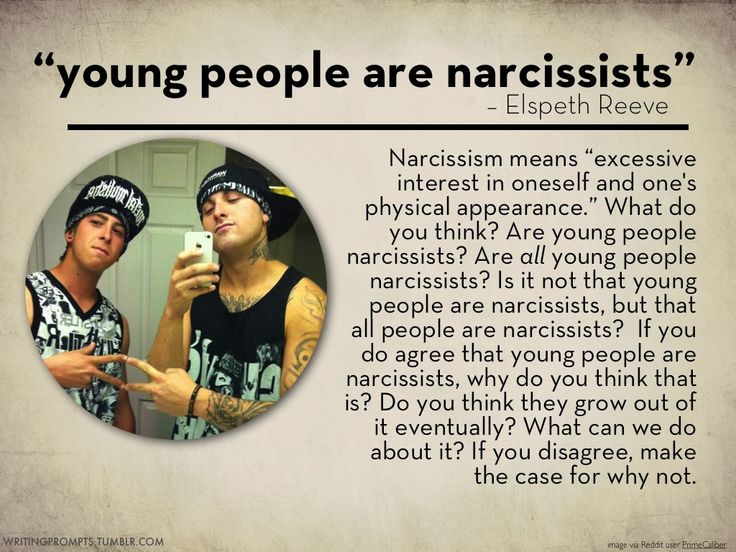
Narcissist + Narcissist
What happens when a narcissist meets a narcissist? Is there an attraction between them, or, on the contrary, will they not tolerate a "twin" next to them?
“Once I saw her interacting with another narcissist, our friend's even more obnoxious and arrogant brother,” continues Denis. — We spent the weekend together in the country, and I watched them. It was like a dance of two cobras. They puffed out their hoods, showing their strengths, but also showing mutual respect. By the end of the weekend, they were completely enamored with each other."
In 2016, researcher Alex Burton, together with John Milton Adams and colleagues in the Department of Psychology at the University of Alabama, published the results of Project 1 under the odious title: "You remind me of someone delightful." The project helped to understand why and to what extent similar personalities can like each other.
"I love myself in you"
The study assessed the reactions of narcissistic people to actors exhibiting narcissistic or "anti-narcissistic" behavior. It turns out that like attracts like. And the sympathy of narcissists for similar people is due to their perceived similarity.
It turns out that like attracts like. And the sympathy of narcissists for similar people is due to their perceived similarity.
The “narcissistic tolerance theory,” psychologists say, explains why even the most intolerable, annoying narcissists can arouse sympathy in people with the same personality type. Those traits that they accept in themselves and consider their strengths, they like in others.
No self-criticism
Trial lawyer, criminologist, and author of How to Read People, Wendy Patrick, writes that these results confirm previous research findings that narcissists are more likely to relate to those with whom they show some degree of similarity.
It's worth noting, notes Wendy Patrick, a simple conclusion. Since narcissists like each other more because of their apparent similarity, it is unlikely that they feel hatred towards themselves, towards their narcissistic sides.
For other people, this means that you should not expect self-criticism from such people, it makes no sense to expect that a heart-to-heart talk “will open their eyes” to the negative aspects of their character. This should be taken into account so as not to waste time and resources. It is better to use them for your own recovery.
This should be taken into account so as not to waste time and resources. It is better to use them for your own recovery.
There is always a better option
If they like each other, does this mean that such unions will be strong? But no, psychologists say. Mutual sympathy does not guarantee tolerance and fidelity. Biologists Carrie Haslam and Tamara Monrose from Gloucestershire College (UK) conducted a study 2 that explains this pattern.
Inflated self-esteem of narcissists often breeds dissatisfaction with relationships, they are prone to manipulation, selfish and lack empathy. In addition, these people are attracted to partners with high social status, because in this way narcissists get opportunities for themselves to rise above.
“Combined with low levels of partner fidelity, this can lead narcissistic individuals to constantly seek new relationships with those who are even more attractive,” Wendy Patrick comments on the results of the published study.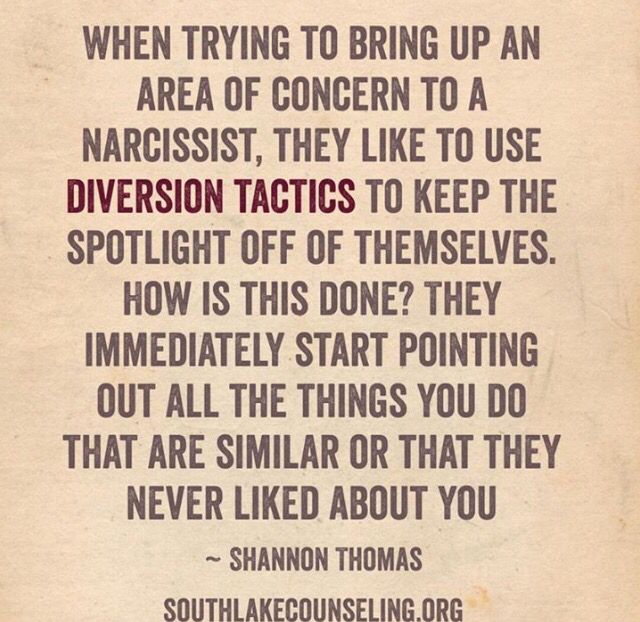
What should the rest of us do?
And what about those who themselves are not like that, but have suffered in relations with these unbearable, but sometimes very attractive partners? To begin with, to realize what qualities of yours attracted such a person, advises Wendy Patrick.
Kindness, compassion, empathy, a tendency to take care of others are wonderful traits. And if you have them, then, of course, you deserve better than a selfish, narcissistic and not appreciating partner.
Although many refer to the period of their relationship with narcissists as "lost time", in some ways it is a valuable experience. It helps us appreciate how much love, respect, and devotion are valuable to us. So a failed relationship in the past can pave the way for a healthy union in the future.
“My husband filed for divorce, but is not going to leave and sleeps in my bed. How to be?
What men lie about: scientists figured out all the exaggerations
Romantic, insurance, protest: 6 types of betrayal - psychological typology
How codependent are you? Checklist from a neuropsychologist
How social networks help people with autism communicate
“I can’t sleep for hours because of the feeling that someone is looking at me”
Narcissists: who are they, signs of narcissism, rules of behavior
The article was reviewed and commented by clinical psychologist and researcher Kristina Andreyuk.
- Who is
- How to recognize
- Men and women
- Types
- Treatment
- How to communicate
- How to leave
Who is a narcissist?
Advertising on RBC www.adv.rbc.ru
Narcissism is a feature of the psyche in which a person perceives himself as a unique individual, considers himself better than others, which is not always true. In fact, these traits are present in the character of many people. In a healthy personality, they result in ambition and a desire to please. But under a certain scenario, laid down in childhood, such behavior can turn into a pathology, which is often accompanied by other diagnoses, such as bipolar disorder and depression.
Contrary to popular belief, people with narcissistic personality disorder do not like themselves very much. Rather, they admire their grandiose projection, which allows them to close gaps in their own self-esteem. Such protection allows narcissists to avoid deep feelings and self-doubt. A person with this disorder does not tolerate minimal criticism, he perceives remarks as a personal insult and is able to throw a tantrum if someone refuses to admire him. You can check how narcissistic traits are characteristic of you or your partner using the NPI questionnaire [1]. The more positive answers a person gives to statements from the list compiled by American psychologists and researchers Robert Raskin and Howard Terry, the more narcissistic features appear in him. Meeting people with a true personality disorder is not easy. According to various sources, their number in society varies from 1 to 6%.
A person with this disorder does not tolerate minimal criticism, he perceives remarks as a personal insult and is able to throw a tantrum if someone refuses to admire him. You can check how narcissistic traits are characteristic of you or your partner using the NPI questionnaire [1]. The more positive answers a person gives to statements from the list compiled by American psychologists and researchers Robert Raskin and Howard Terry, the more narcissistic features appear in him. Meeting people with a true personality disorder is not easy. According to various sources, their number in society varies from 1 to 6%.
How to recognize a narcissist?
According to the American psychiatrists' handbook "Diagnostical and Statistical Manual of Mental Disorders" [2], there are nine signs of narcissistic personality disorder. If at least five of these are present, a doctor may suspect a disorder. Usually such a person:
- Has an inflated sense of self-importance. He often exaggerates his achievements and talents.
 Expects people to admire his actions, even if they were minor. If the narcissist organized the cleaning of the yard, then at least the district newspaper should write about it.
Expects people to admire his actions, even if they were minor. If the narcissist organized the cleaning of the yard, then at least the district newspaper should write about it. - Preoccupied with fantasies of unlimited success, power, beauty, or ideal love. To each new partner, the narcissist can say that he is the love of his life or wait for him to fulfill his fantasies. The beginning of such a relationship is a magical, but short period. In work, the narcissist, according to him, is a genius. If he has not been able to achieve great results, he is simply sure that success lies ahead of him, even if it is time for him to retire.
- Believes that he is not like others and has few equals. Therefore, the environment must match. The narcissist chooses “special” people as friends and partners, for example, with high social status or model appearance. Thus, he seems to reflect himself through them, because his problems are unique and can only be understood by special people.
 Narcissists like to be associated with big brands, whether it be in their work projects or clothing choices.
Narcissists like to be associated with big brands, whether it be in their work projects or clothing choices. - Requires constant attention, recognition and admiration, even if you just took out the trash or cooked dinner.
- Absolutely sure that everyone owes him. Expectations for other people are usually very high. Close people are obliged to fulfill the requests of the narcissist at the first call.
- Uses other people to achieve his own goals. For him, it goes without saying. The narcissist is not used to sincerely thanking for services and does it only within the framework of the accepted ethical norm.
- He has difficulty experiencing empathy. Such people are not able to draw a parallel between their feelings and the feelings of others. Therefore, the narcissist does not even think about when he hurts someone. Very often, this behavior is mistaken for abuse by partners of narcissists. In fact, he may be concerned with how to hide the shame of his failure and not lose his greatness.

- Often jealous of others and believes that others envy him. In the latter case, it is by this circumstance that the narcissist explains the criticism of others in his address.
- Arrogant towards other people. Such a person absolutely sincerely believes that he is better than others, and other people's shortcomings are an excellent reason to assert himself.
To decide to break up with a narcissist, write down the reasons for breaking up and keep the list with you
© Unsplash
Men and women are narcissists disorder in one form or another, men are more likely to be affected by this disorder than women. The data were collected over a period of 30 years, and the percentage ratio between the sexes did not change much during this time [3].
In doing so, the researchers noted two important points. First, male narcissists were more likely than females to exploit others and believe they were entitled to certain privileges. Secondly, men were more likely to seek power.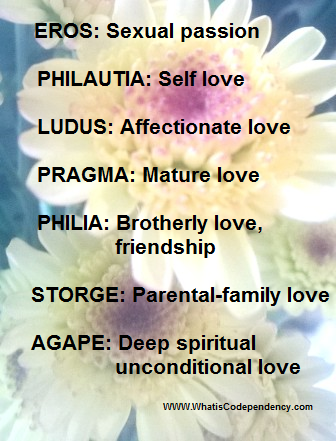 Scientists explain this by the fact that until recently, leadership qualities did not meet the criteria for femininity. According to one of the authors of the study, Emily Griyalva, girls are more often criticized for aggressiveness and authoritarianism. Thus, society unconsciously suppressed manifestations of narcissistic behavior [4].
Scientists explain this by the fact that until recently, leadership qualities did not meet the criteria for femininity. According to one of the authors of the study, Emily Griyalva, girls are more often criticized for aggressiveness and authoritarianism. Thus, society unconsciously suppressed manifestations of narcissistic behavior [4].
As regards vanity and striving for a vivid self-presentation, in this respect there was no significant difference between men and women.
Types of narcissists and how they are formed
There are different approaches to the formation of narcissism, including studies that allow for genetic influence, but this is not a decisive factor in the formation of personality.
In 1914, Sigmund Freud stated that children somehow go through a stage of primary narcissism. He believed that this was an intermediate stage of growing up, but later he singled out other forms of narcissism, to a greater extent associated with mental disorders.
Neuro-Freudian Karen Horney argued that the development of such character traits may be due to the fact that parents in various ways pushed the child to create psychological protection. For example, they could delegate the embodiment of their ambitions or rejected the real manifestations of the child, instilling a sense of inferiority.
The contribution of parental figures to the formation of narcissistic disorder is also noted by psychotherapist and researcher Otto Kernberg. He compares narcissism with a false prop that a person erects in order to receive from others the admiration and confidence that he did not receive from his parents in childhood and cannot give himself in adulthood [5].
In the book of psychologist Elinor Greenberg "Borderline, Narcissistic, and Schizoid Adaptations: the pursuit of Love Admiration and Safety" [6], the author divides narcissists into three types:
- Open, or grandiose. Embodied stereotype. A bright character illustrating this feature of development and behavior.
 His whole being screams, "Look at me." This childish behavior indicates that a person is stuck at an age when adults pay a lot of attention to the child, praise him excessively, suggest that he is special, forgetting to teach him empathy.
His whole being screams, "Look at me." This childish behavior indicates that a person is stuck at an age when adults pay a lot of attention to the child, praise him excessively, suggest that he is special, forgetting to teach him empathy. - Hidden or depressive. Such people can grow up in families where one of the relatives, including mother or father, was a narcissist. At the same time, there was a high level of competition for love and attention. On the one hand, children copied the behavior model of narcissistic parents, on the other hand, such a child formed protective mechanisms, since an adult narcissist would certainly assert himself at his expense. Growing up, such people may not openly say that they are special. They would rather choose a person, a book, an object and exalt their virtues. Thus, the narcissist puts them on a par with himself. In personal relationships, such people do not like direct conflicts. Their weapon is passive aggression. A favorite technique is to promise and not deliver, and then blame the other person for everything.
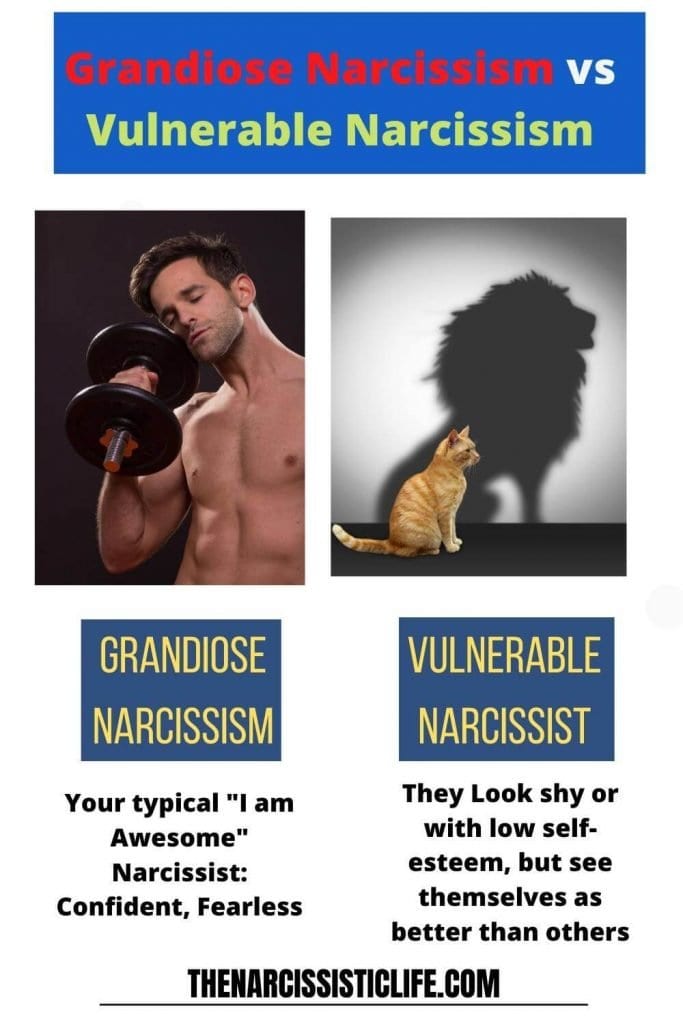 They tend to be insecure, and ambivalent behavior often leads them to depression.
They tend to be insecure, and ambivalent behavior often leads them to depression. - Perverse or toxic. Such people go even further. They love not only admiration, but also submission. Narcissists of this type love to wreak havoc around themselves, the same that reigned in their childhood in relationships with their parents. These narcissists often give their partners an emotional rollercoaster of humiliation and praise. They take pleasure in destroying other people's careers, destroying people morally and spiritually.
Mixed representatives of these types also exist.
Treatment for narcissism
Most often, narcissists don't even suspect that something is wrong with them, because they don't tend to blame themselves for anything. So if such people were seen by a specialist, then the reason for this could be related problems: depression, bipolar disorder, or excessive alcohol consumption. There is no cure for narcissism yet. Psychotherapy has a positive effect on such patients. Properly structured classes can help a person establish relationships with loved ones, learn to withstand criticism, stop despising themselves and others, set realistic goals and achieve them, and not dream of sky-high heights [7].
Properly structured classes can help a person establish relationships with loved ones, learn to withstand criticism, stop despising themselves and others, set realistic goals and achieve them, and not dream of sky-high heights [7].
Although there is no cure for narcissism yet, psychotherapy has a positive effect
© Thiago Matos / Pexels
How to communicate with a narcissist?
Building an even relationship with a narcissist is not always easy. Some prefer to just cut them off. But what if this is not possible? Let's say that person is a family member or ex-husband/wife with whom you have children in common.
- The first thing psychologists advise is to try to detach yourself emotionally. Ignore toxic statements and manipulations. It is useless to expect sudden changes in behavior from such people. According to research, narcissists do not tend to learn from their own mistakes simply because they are sure they did not make them [8].
- Your personal boundaries are your guard against the actions of a narcissist.
 “This won’t happen to me anymore”, “I won’t fall for these manipulations” - phrases that will help to avoid an unpleasant conversation or intrusive requests of a narcissist. You can't wait for a response.
“This won’t happen to me anymore”, “I won’t fall for these manipulations” - phrases that will help to avoid an unpleasant conversation or intrusive requests of a narcissist. You can't wait for a response. - The shortest answers, conditionally "yes" and "no", are your main allies in a dialogue with such a person if he began to resort to manipulation. By minimizing communication, you give him much less reason to hook on to some phrase and launch an attack.
- Stick to the topic of conversation and don't get sidetracked. Perhaps your counterpart will try to knock you out of the saddle with accusations or get personal. In this case, the phrase “We are going off topic” will help bring the discussion back on track.
- Compliments. If you really need to get something out of a narcissist, don't be stingy with praise. Most likely, he will even enjoy fulfilling your request. Yes, this is manipulation, but who said that only a narcissist can use this technique?
How to get away from a narcissist
The end of a relationship is never easy.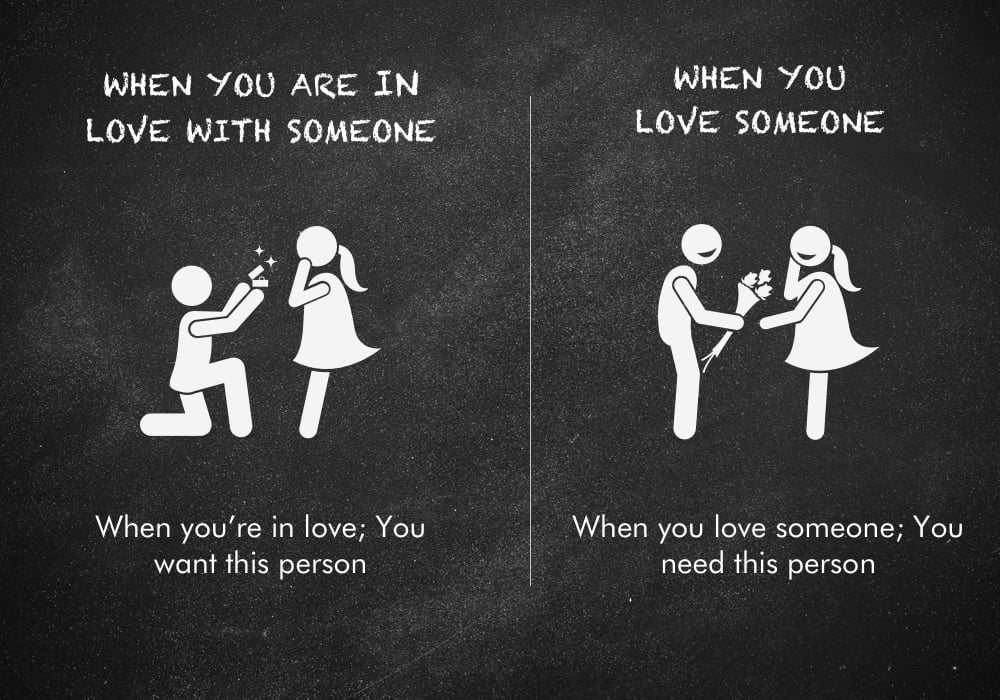 With a narcissist, breaking up can be doubly difficult. For him, the fact that he was abandoned is an intolerable insult. That is why he will try by hook or by crook to bring the partner back. During this period, he will become sensitive and gentle, will swear eternal love and will do this until his victim loses his vigilance. Often, therefore, relationships with a narcissist develop into a cycle of breaks and reunions. Nevertheless, if you decide to put an end to your communication, psychologists recommend the following:
With a narcissist, breaking up can be doubly difficult. For him, the fact that he was abandoned is an intolerable insult. That is why he will try by hook or by crook to bring the partner back. During this period, he will become sensitive and gentle, will swear eternal love and will do this until his victim loses his vigilance. Often, therefore, relationships with a narcissist develop into a cycle of breaks and reunions. Nevertheless, if you decide to put an end to your communication, psychologists recommend the following:
- Write down the reasons why you want to leave. It's best to keep this list around in case the narcissist decides to drag you back into the relationship by talking about eternal love.
- Give up illusions. It is difficult for such people to change, especially without the help of a specialist. Do you have time to wait until he finally learns to show empathy and respect?
- Cut off all contacts. Ask a friend to pick up your belongings from the narcissist.
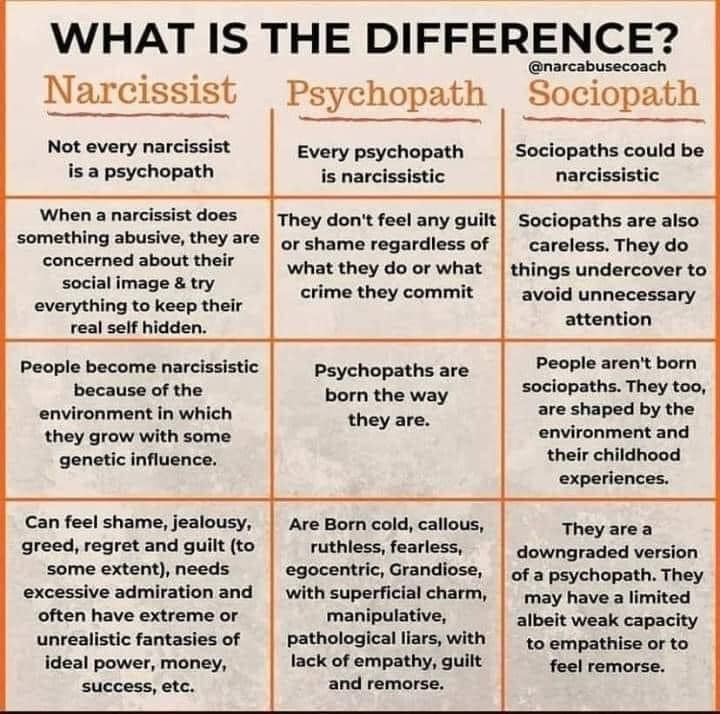 Block this person in all phones and messengers. If you have children in common, at first ask someone close to you to be with you at general meetings.
Block this person in all phones and messengers. If you have children in common, at first ask someone close to you to be with you at general meetings. - Let go of your feelings. Breaking up, even with a toxic person, is always hard. Give yourself time to get over this situation. Just don't expect the narcissist to suffer in return. Most likely, during this period, he will try to restore his shattered ego and will choose not the most pleasant ways for this: either he will tell everyone what a bad person you are, or seek solace in the arms of someone else.
There are nine signs of narcissism, but five signs can already be suspected of it
© Martino Pietropoli / Unsplash
Kristina Andreyuk, clinical psychologist, researcher. Research interests: mentalization, manipulative behavior, personality disorders
In addition to family relationships, external factors can also enhance narcissistic traits. Media and social networks broadcast often unattainable ideals, and self-improvement services are imposed by advertising.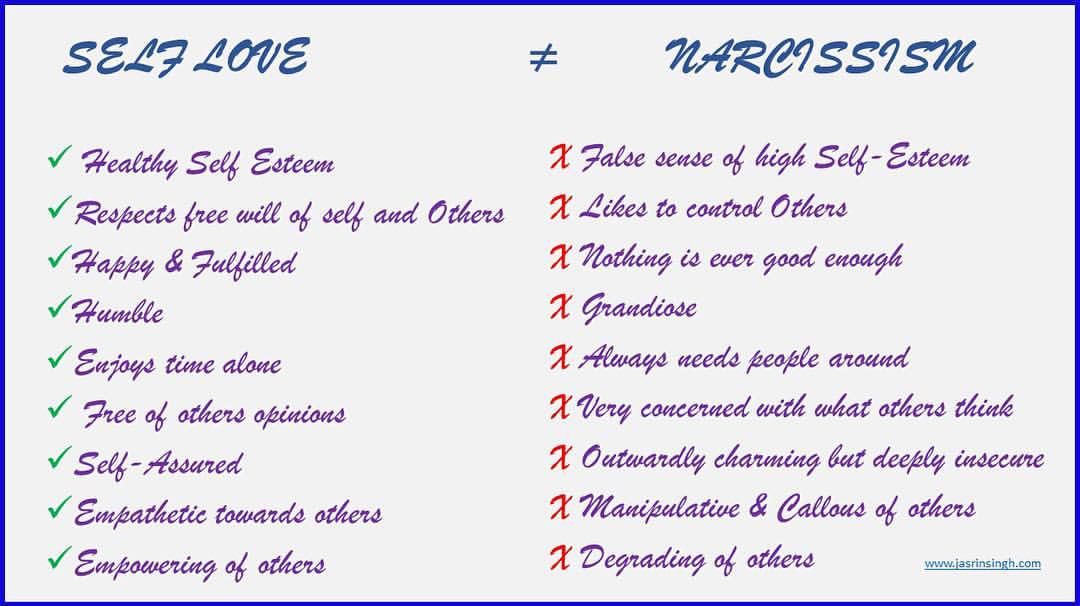 All this can affect the psyche.
All this can affect the psyche.
In "normal narcissism" people try to please others, to achieve success in work, which helps them to adapt in society. However, in the case of pathology, a person's ideas about themselves are distorted. In this case, the emphasis is on the grandiosity of his figure. He experiences difficulties in forming adequate ideas about other people, abuses manipulations, grossly violates the boundaries of the interlocutor and ignores his comfort. Narcissistic features can manifest themselves in pathological perfectionism, hypochondria, constant attempts to correct their "flaws", including, for example, transforming one's appearance as the most noticeable attribute of self-presentation for others.
In superficial communication, narcissists give the impression of being rather pleasant people. According to research, many socially active narcissists have charisma, know how to hold an audience, are not afraid to express themselves, appear self-confident, and have high claims regarding academic and professional achievements. These qualities often show up in job interviews and help narcissists get into leadership positions. However, such bosses may use too subjective criteria when evaluating employees, focusing not on their professional achievements, but on the degree of admiration, devotion, and the absence of doubts about the correctness of the leader's decisions.
These qualities often show up in job interviews and help narcissists get into leadership positions. However, such bosses may use too subjective criteria when evaluating employees, focusing not on their professional achievements, but on the degree of admiration, devotion, and the absence of doubts about the correctness of the leader's decisions.
Narcissists have difficult relationships in close relationships. In partners and friends, they are primarily looking for confirmation of their exclusivity, superiority (which reinforces vulnerable self-esteem). Often, such people confuse the attachment that accompanies healthy partnerships and collaborations with the addiction that can shackle and inspire fear. The demands of constant adoration and recognition of their grandiosity, which the narcissist often implements in the form of excessive control over the thoughts and feelings of a partner, in most cases, sooner or later are not fully satisfied, which leads to conflicts and increased manipulative behavior.
If you have found any manifestations of narcissistic traits in yourself and want to change them, then it will be useful for you to develop the skills of self-reflection, mentalization (understanding of mental states), work on the development of emotional intelligence, empathy (for example, discuss with friends the films you have watched, read books in terms of understanding the inner world of the characters, their motivation, etc.). It is very important to learn to analyze what is happening from different positions, without sliding into extreme points, such as, for example, idealization and depreciation - look for alternative explanations. Try to look at situations or actions from different angles, noting the possible positive aspects of seemingly negative events, including during conversations with loved ones.
If your loved one has narcissistic traits, you need to learn to track the emotional states of both you and your interlocutor. It is necessary to soberly analyze situations of interpersonal communication.


